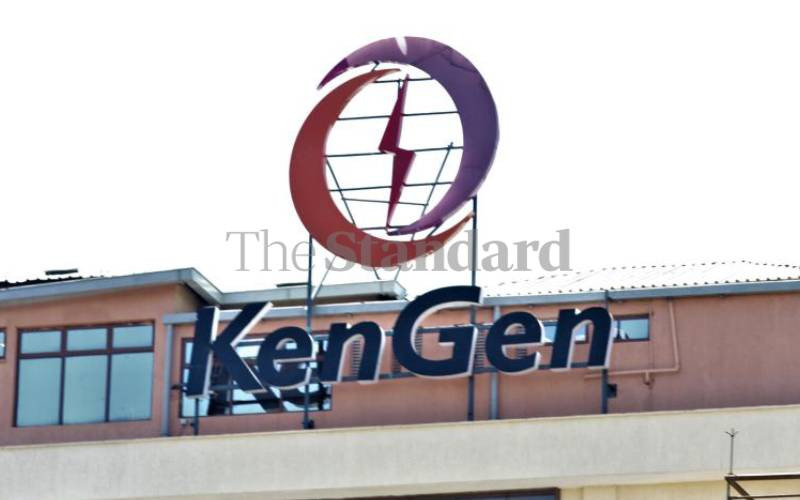
The Auditor General has questioned the difference in the price that Kenya Power pays for electricity bought from KenGen compared to what it pays the independent power producers (IPPs).
The disparity is such that while KenGen supplied nearly two thirds - 63 per cent - of electricity consumed over the year to June 2022, it pocketed just 41 per cent of the total amount that Kenya Power paid to power generators.
This meant that though the IPPs account for slightly over a third of the electricity Kenya Power bought, their pay was much higher at 59 per cent of what KPLC paid in electricity purchases.
Facts First
This story continues on The Standard INSiDER. Subscribe now for unfiltered journalism that holds power to account.
Already have an account? Login
 The Standard Group Plc is a multi-media organization with investments in media
platforms spanning newspaper print
operations, television, radio broadcasting, digital and online services. The
Standard Group is recognized as a
leading multi-media house in Kenya with a key influence in matters of national
and international interest.
The Standard Group Plc is a multi-media organization with investments in media
platforms spanning newspaper print
operations, television, radio broadcasting, digital and online services. The
Standard Group is recognized as a
leading multi-media house in Kenya with a key influence in matters of national
and international interest.










